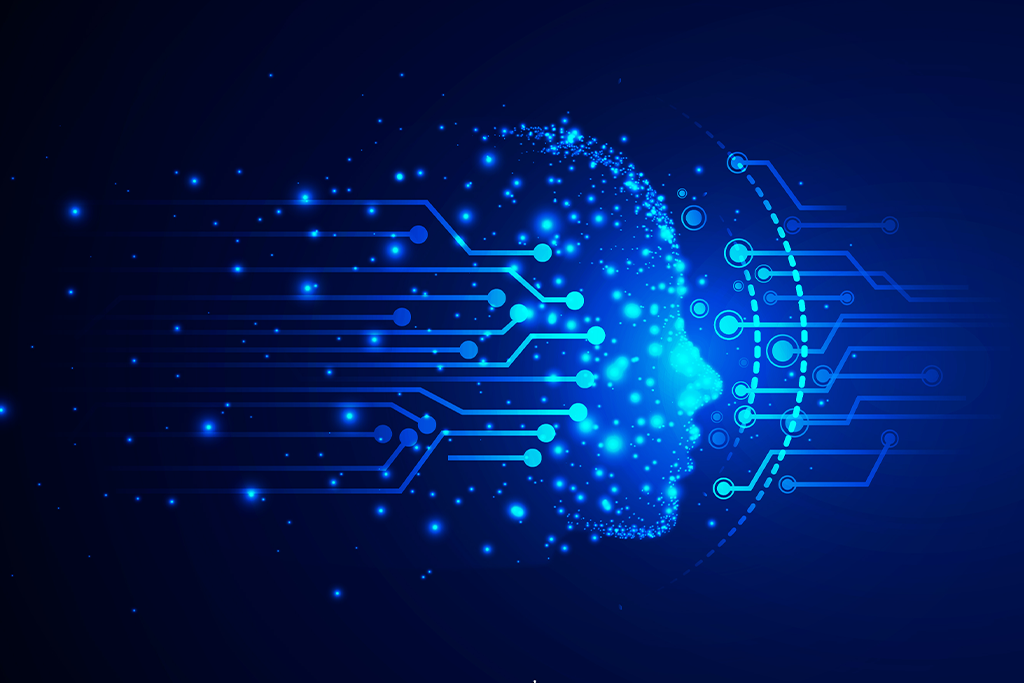
Basics of Data Devaluation: Understanding How and Why Data Loses Value Over Time
Data devaluation refers to the phenomenon where data loses its value and usefulness over time. There are several reasons why this can happen, including changes in technology, shifting business priorities, and evolving consumer preferences. As data ages, it may become less accurate or relevant, leading to a decrease in its value. To maintain the value of data, organizations must take proactive steps to ensure that it is regularly updated, cleaned, and validated. This requires a comprehensive data management strategy that includes tools and processes for data governance, quality control, and analytics.
Rise of Machine Learning and Automation: How These Technologies are Changing
Machine learning and automation are transforming the way we process, analyze, and use data. As these technologies continue to advance, the value of raw data is changing. With machine learning algorithms able to process vast amounts of data quickly and accurately, businesses are finding that the raw data itself is less valuable than the insights that can be derived from it. Additionally, automation is reducing the need for human labor in data processing and analysis, further devaluing raw data as a commodity.
The Benefits and Challenges of Automated Data Analysis: Is Data Devaluation Inevitable
Automated data analysis, enabled by machine learning and other advanced technologies, has the potential to greatly improve efficiency and accuracy in processing large volumes of data. However, there are also challenges associated with relying solely on automated processes for data analysis, including the risk of oversimplification, bias, and inaccuracies. These challenges can contribute to the devaluation of raw data over time, as errors and gaps in the analysis become more pronounced. While data devaluation may be inevitable to some extent, some steps can be taken to mitigate its effects and ensure the continued use of data.
How to Maximize the Value of Your Raw Data in the Age of Automation and Machine Learning
As the value of raw data diminishes over time due to automation and machine learning, it’s important to implement strategies to overcome data devaluation. One such strategy is to ensure data quality by implementing data governance and data management practices. Additionally, organizations can focus on creating valuable data products and services that leverage their unique data assets. Another approach is to invest in data visualization and storytelling to create compelling narratives that help stakeholders understand and engage with the data. Finally, organizations can look to leverage emerging technologies like blockchain to create secure and trustworthy data marketplaces that encourage data sharing and collaboration.
Balancing the Benefits of Automation with the Need to Protect Privacy and Security
As machine learning and automation continue to change the way we use and value data, it’s important to consider the ethical implications of data devaluation. One key concern is the potential for automated systems to collect and analyze sensitive information without proper consent or oversight. Additionally, there may be biases in the algorithms used for automated analysis, leading to unfair or discriminatory outcomes. To mitigate these risks, organizations must prioritize data privacy and security, and ensure that ethical considerations are integrated into the design and implementation of automated systems. Ultimately, responsible use of technology is essential for maintaining trust and confidence in data analysis and decision-making.
How Emerging Technologies Will Continue to Transform the Value and Use of Raw Data.
As automation and machine learning continue to reshape the way we analyze and interpret data, the concept of data devaluation will likely become even more prominent. The rise of edge computing, blockchain, and other emerging technologies may help to address some of the challenges associated with data devaluation, while also introducing new ethical considerations. As we move forward, it will be important to find a balance between maximizing the value of raw data and ensuring that privacy and security are protected. Ultimately, the future of data devaluation will be shaped by ongoing technological advancements and evolving societal needs and values.

